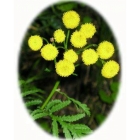 | ||
Perfect for pollinators Tansy -tanacetum vulgare – will grow well in sun or dappled shade on damp soils and is found in hedgerows, open woodland and on banks or open ground. Tansy is an exceptionally attractive plant to Bees, and Hoverflies. It has attractive foliage and button shaped yellow flowers that appear from July to September. It looks best growing alongside wildflowers such as Meadow Vetchling, Tufted Vetch, Meadow Sweet and Purple Loosestrife. An alternative name for Tansy is Batchelor’s buttons. How to grow Tansy Seeds Tansy seeds should be sown in spring or autumn, either outside, where they are to flower, or in seed trays and covered lightly with compost. Tansy seeds can sometimes be erratic to germinate. The seedlings, can be pricked out and grown on, for planting out later in the year. RHS Perfect for Pollinators. The RHS Perfect for Pollinators mark is only given to plants that support pollinating insects in gardens. Bees, butterflies, moths, hoverflies and many others visit flowers to feed on nectar and pollen; while doing so they transfer pollen and increase seed set and fruit development. Find out more at: rhs.org.uk/plants To discover more plants for Bees, simply enter the word "pollinators" into the search box above. To buy Tansy seeds To purchase Tansy seeds, please select a quantity above and click add to cart. To ensure the best chance of success, we sell all of our wildflower seeds by weight, which ensures each wildflower seed packet contains a good quantity of seeds. The recommended sowing rate is 1 gram per square metre, and the number of Tansy seeds per gram is approx. 8000. All of our Wildflower seed packets contain seeds of Native British provenance. Summary type - perennial, colour - Yellow, height - 50 to 75cms, flowering months - July, August, September, habitat - Semi-Shade (Orchards, Hedgerow, Banks, Open Woodland), Bare, Open Ground (eg Arable field margins, disturbed, waste ground) | ||
Printed 27/07/2024 08:31:50
st97_1 type perennial colour yellow height 50 to 75cms flowers july august september habitat semi shade orchards hedgerow banks open woodland bare open ground eg arable field margins disturbed waste ground rhs perfect for pollinators pollinating insects bees butterflies moths hoverflies
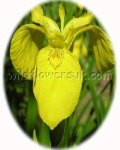
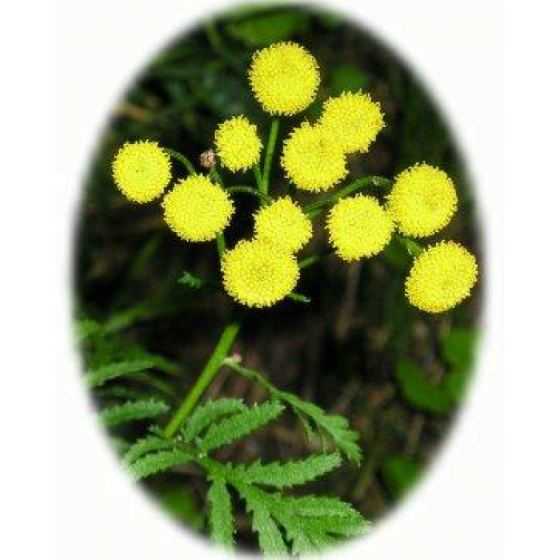
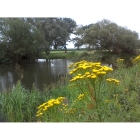
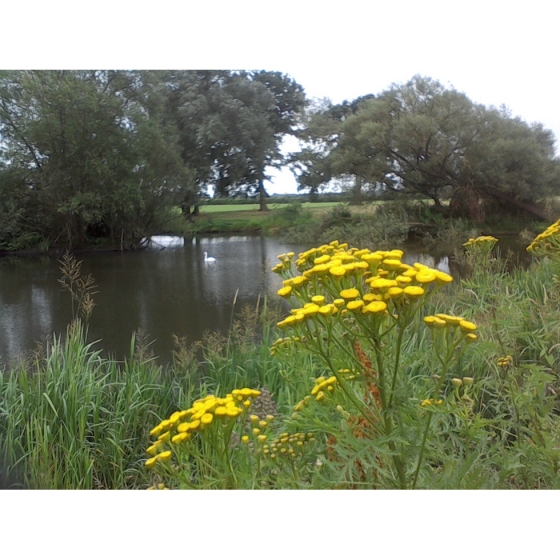
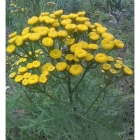
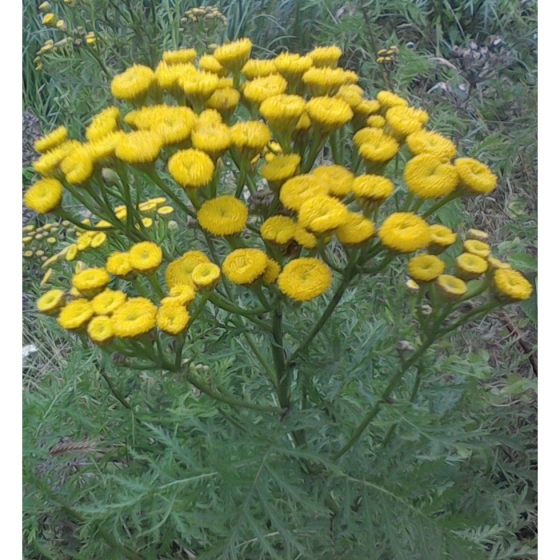



 added to basket
added to basket